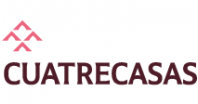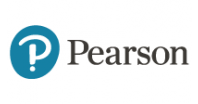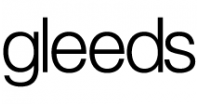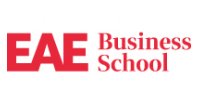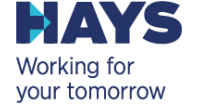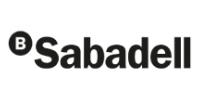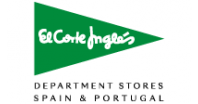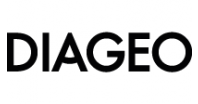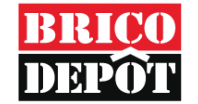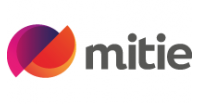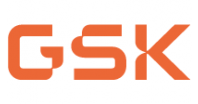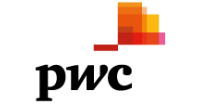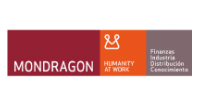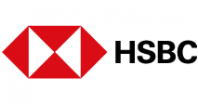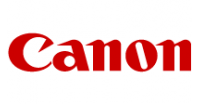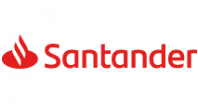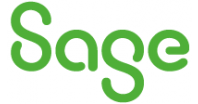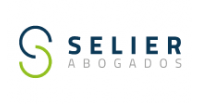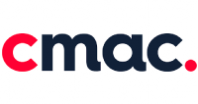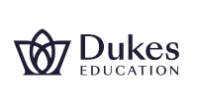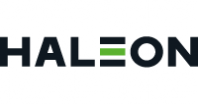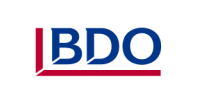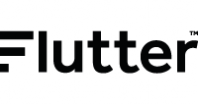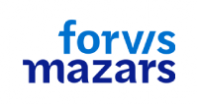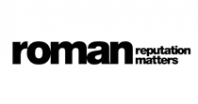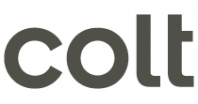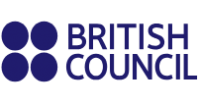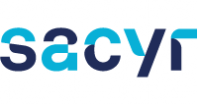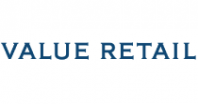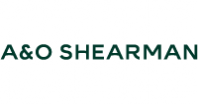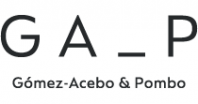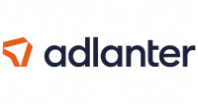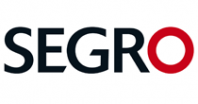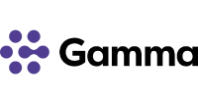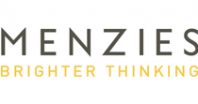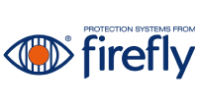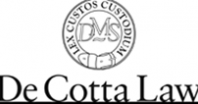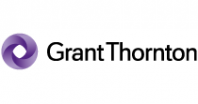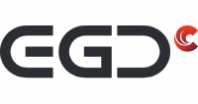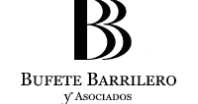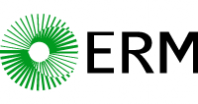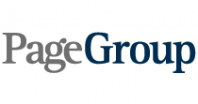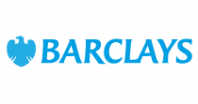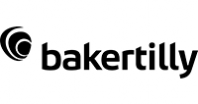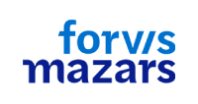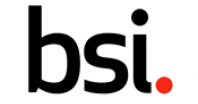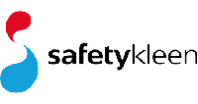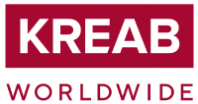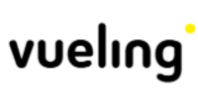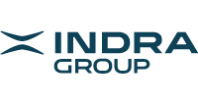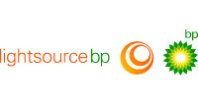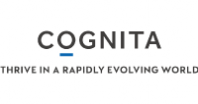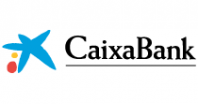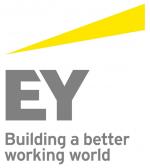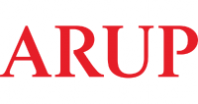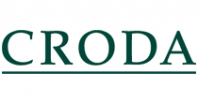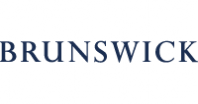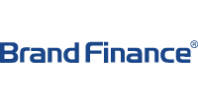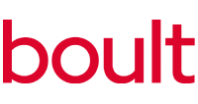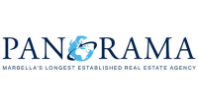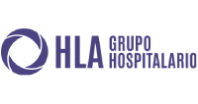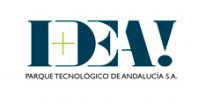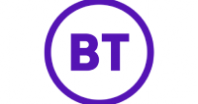Noticias de la Cámara
BCC Quarterly Economic Survey: Investment Flatlining As Interest Rate Fears Climb
06/10/2023
- Just two fifths of UK firms (41%) now expect their prices to increase in the next three months, down from 55% in Q1.
- Labour costs are the biggest driver of price rises, across most sectors, cited by 66% of all businesses.
- Domestic sales, cashflow, turnover and profitability indicators are stable but remain at a low level.
- Business investment continues its long-term flatlining trend with only 23% seeing an increase, as the percentage of firms worried about interest rates rises to 45%.
The BCC’s Quarterly Economic Survey (QES) for Q3 2023 shows the percentage of firms expecting to raise prices in the next three months has fallen for the fifth consecutive quarter.
The data also reveals that for the second quarter running the main factor for increasing costs is coming from wages.
The survey, by the BCC’s Insights Unit, of over 5,000 firms – 91% of whom are SMEs – also reveals business performance across different sectors varies considerably. The research took place between 21 August and 14 September before the Bank of England decided to hold the interest rate at 5.25%. Respondents were split into 28% manufacturing and 72% services industries, with 48% exporting.
Activity in the service sector ticks up but manufacturing is lagging behind
The percentage of all firms reporting increased domestic sales remained unchanged from Q2 at 35%. Meanwhile 23% reported a decrease and 42% reported no change. But the services sector saw a larger bump with 36% seeing an increase, diverging from manufacturers, where 29% saw an increase.
For cashflow, more businesses saw an improvement rather than a decline – a reversal of the situation in Q1 and Q2. But the changes remain small, as 28% of businesses said their cash flow has improved over the last three months (26% in Q2), while 26% have seen it decline (29% in Q2).
After a rocky end to 2022, business confidence bounced back and has now stabilised.
The percentage of firms expecting to see their turnover increase over the next 12 months stood at 53% for Q3, broadly similar to Q1 (52%) and Q2 (54%) but up significantly from Q3 and Q4 in 2022 (both 44%). Only 16% expect a decrease in the next twelve months.
Profitability confidence also remains stable at 45%, up from 44% in Q2, although it continues to remain weaker than turnover confidence. 23% expect a decrease in the next twelve months.
This recovery in confidence in 2023 is yet to feed into increased business investment.
The percentage of respondents reporting an increase to investment in plant/equipment remains stuck at 23%, while 59% reported no change and 18% saw a decrease.
Over the last six years the number of firms increasing investment has dropped as low as 9%, at the start of the pandemic, but it has never gone higher than 28% (Q1 2018). The hospitality sector remains under additional pressure with 33% reporting a decrease in investment, and 22% an increase.
Inflationary pressures continue to ease but remain the top concern.
The percentage of firms expecting their prices to rise fell for the fifth consecutive quarter. Two-fifths of firms (41%) now expect to put up prices in the next three months. This is down from an historic high of 65% in Q2 of 2022, indicating inflationary pressures are continuing to ease.
While inflation remains firms’ biggest concern, the level has dropped for the third quarter running, with 65% of firms now worried compared to 69% in Q2. However there has been a corresponding 4 percentage point rise in businesses worried about interest rates, increasing from 41% in Q2 to 45% in Q3.
Labour costs are now the number one cost pressure for businesses.
Concerns around wage costs was the biggest pressure for most firms for the second quarter running, although the percentage worried has dropped from 68% in Q2 to 66% in Q3. However, worries about utility prices fell even further from 63% to 59%, creating clear water with wage costs as the number one issue.
But there remain wide sectoral differences with manufacturers citing wages (68%), raw materials (65%) and utilities (65%) in a three-way tie as main factors driving price increases. While in hospitality, 81% of firms were most worried about utility costs, with wages in second place at 74%. The retail sector was least worried about labour costs, with 52% citing it as an issue, against 59% flagging utilities and 58% raw materials.
David Bharier, Head of Research at the British Chambers of Commerce (BCC), said:
“The results of the QES continue to point to tough trading conditions for many firms as inflation, labour shortages, global trade barriers, and interest rate rises continue to bite.
“Manufacturers have reported a particularly tough quarter, and it will be crucial over the coming months to see how this trend plays out.
“Most firms continue to report no increase to their investment intentions. This is in part a reflection of broader uncertainty, with little clarity on major long-term projects and yet more trade barriers to come with the EU.
“Easing inflation and a recovery to business confidence provide brighter spots, but these need to be reinforced with a clear plan from Government on long-term investment and direction from the Bank on the interest rate.”
Responding to the findings, Director General of the British Chambers of Commerce, Shevaun Haviland, said:
“Our research shows that business confidence has stabilised at much healthier levels following a rocky end to 2022. But the economic warning lights are still flashing.
“Firms are increasingly worried about interest rates, and while inflation concerns are falling, persistent wage pressures show we need a greater focus on relieving the UK’s tight labour market.
“With manufacturing lagging behind services, and low rates of investment across the board, especially in the hospitality sector, it is clear more needs to be done to spur growth.
“After the disappointment of HS2, firms want to see clear signals from Government to encourage investment. This means putting in place a five-year rolling guarantee on the full expensing tax allowance to give business some much needed certainty.”
What businesses say:
“We are looking to invest in new machinery as part of our growth plans so interest rates for asset finance are more an issue than previously.”
Small manufacturer in the East Midlands
“We cannot put our prices up much as [we] trade under the VAT limit and there is no sign that this will change. This means we are unable to expand or significantly up our prices despite all our suppliers increasing theirs.”
Small hospitality firm in Bristol
“Increasing interest rates is not reducing inflation on core costs which is crucial, as we cannot continue to absorb reduced sales prices and increase in costs.”
Medium sized construction firm in Aberdeen



